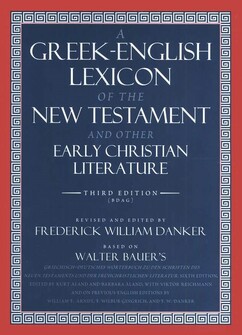For the past several years, because of my preaching and teaching duties, I have been enamored with theological interpretation (TI). My recent Ph.D. studies at LBC|Capital created even more time to investigate this as part of my dissertation.
Is it important? Yes, it is.
Because while TI might be more than showing how Scripture functions for the church, it can’t be less than that according to all my research to date. This means that TI forms a foundation for any attempts to apply Scripture.
So, if you asked me, “What kind of book on TI should I read first?” I would answer:
Scripture As Real Presence: Sacramental Exegesis in the Early Church by Hans Boersma.
The reason is because pre-modern interpreters–and Boersma–understand Christ to be the key to interpreting Scripture for the church.
If you’re interested in preaching or teaching from the Old Testament, you should note Boersma’s argument:
“that the church fathers were deeply invested in reading the Old Testament Scriptures as a sacrament, whose historical basis or surface level participates in the mystery of the New Testament reality of the Christ event.” (p. xiii)
Some of the primary material is tough to read through, but the book is so helpful for those of us who feed flocks on Sunday from the Old Testament. And, if you’ve studied preaching with me then you will appreciate another look at a hermeneutic that arrives at application “by moving from the Old Testament, via Christ, to the situation of today” (p. xiv).
Well, anyway. When you read, Scripture As Real Presence, you will encounter hermeneutical/homiletical concepts such as:
“sacramental hermeneutic” (pp. 12-13)
“christological/ecclesial allegorizing” (p. 91) [which is important because most of our exposure to the allegorical method is from a “what’s wrong with it” perspective.
“‘christo-ecclesiological’ form of exegesis (p. 148)
“the doctrine of totus Christus–the ‘whole Christ'” (p. 152)
All these concepts will help you think about the relationship between meaning and application, something that you and I engage in every week.
May our Lord receive glory in the church and in Christ Jesus (Ephesians 3:21) as you communicate the results of theological interpretation.
Randal










